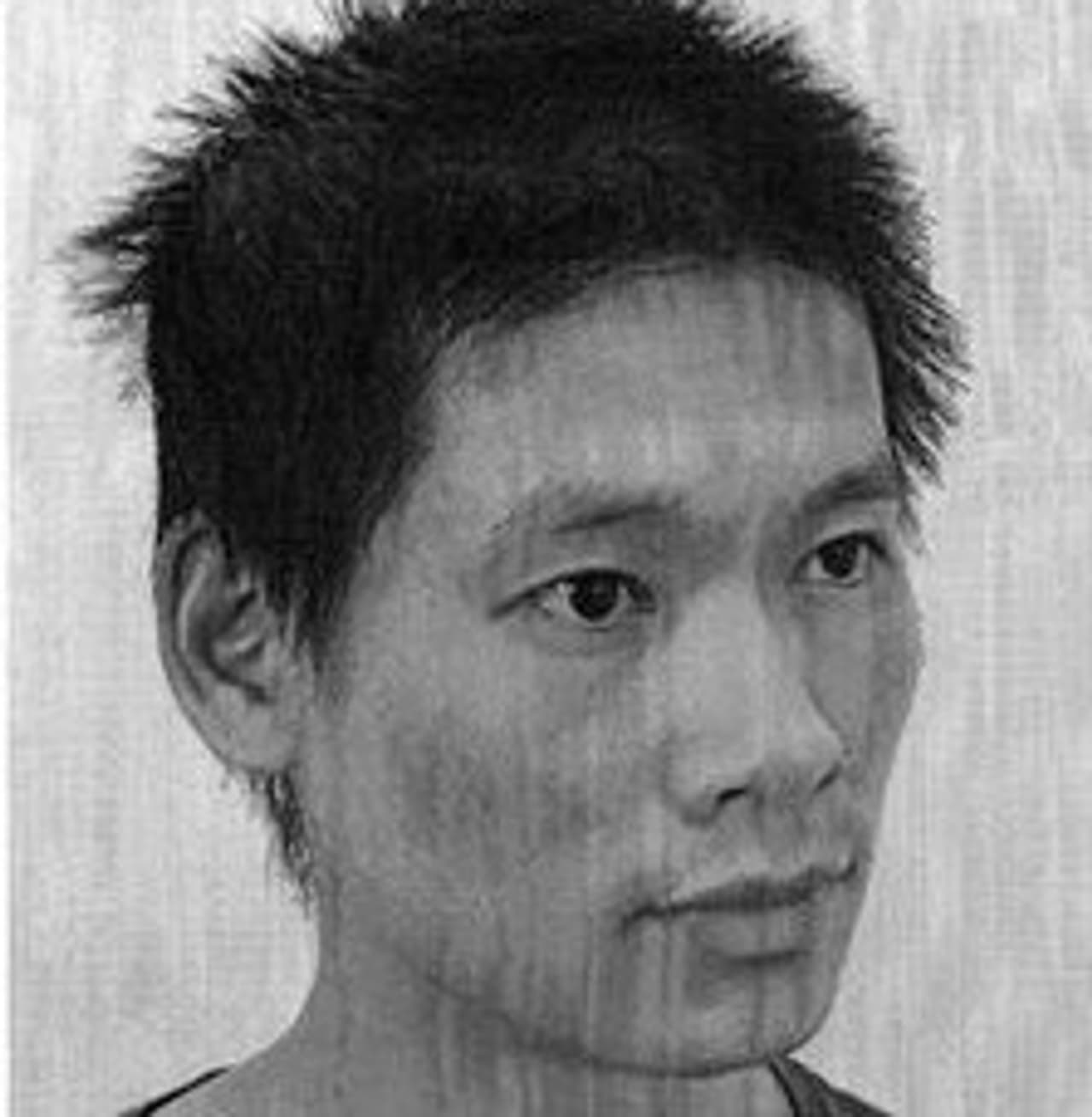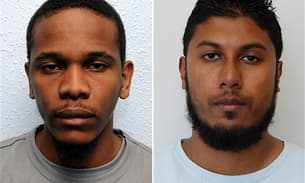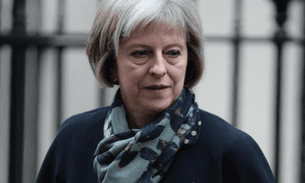
Supreme Court backs Theresa May decision to strip suspected Al Qaeda terrorist of UK citizenship
US Department of Justice handout – Minh Quang Pham
The seven justices of the Supreme Court today unanimously dismissed the appeal of a Vietnam-born man who was stripped of his British citizenship in 2011 after allegations he was involved with al Qaeda terrorism.
Minh Quang Pham, 32, had appealed home secretary Theresa May’s decision to strip him of his British citizenship on the grounds that her decision made him stateless.
Formerly a graphic designer who lived in southeast London, Pham is now in New York facing terrorism-related charges. He is alleged to have been involved with Al Qaeda in the Arabian Peninsula (AQAP), receiving training in Yemen and providing material support to the group.
He allegedly used his graphic design skills to help produce Inspire, AQAP’s English language publication, after “surreptitiously” travelling to Yemen in 2010. According to the indictment filings in the US Pham had told his wife, a British national, he was travelling to Ireland.
Pham pleaded not guilty to five counts of terrorism offences at the New York Southern District court earlier this month. If convicted he faces a minimum sentence of 40 years.
A timeline of Pham’s appeals
Pham was born in Vietnam but his family left the country when he as a baby. He was naturalised as a British citizen at the age of 12. May served him with a notice depriving him of his British citizenship in 2011 on national security grounds, alleging he was involved in “Islamicist [sic] extremism”.
He then successfully appealed that decision at a Special Immigration Appeals Commission (Siac) hearing in 2012 when he argued he would therefore be stateless.
The home secretary challenged that ruling in the Court of Appeal. Although the government of Vietnam said it did not consider him a national, in 2013 the appeal judges agreed with the home secretary that he had Vietnamese nationality under that country’s law.
Last November Pham appealed that decision at the Supreme Court. His lawyers said he automatically lost his Vietnamese citizenship on gaining British citizenship.
In a three-minute hearing at the Supreme Court today, Lord Justice Carnwath said there was “no evidence of a decision by the Vietnamese government to treat Pham as a non-national”.
Pham was therefore “not stateless at the time of the [home secretary’s] decision,” he added.
A Home Office spokesperson said: “We are pleased with the Supreme Court’s decision in this case. It would not be appropriate to comment further on this individual case, particularly while there are still matters before the courts.”
What next?
Pham’s case will now be heard again in the Special Immigration Appeals Commission (Siac) where the remaining issues of EU law, which were not addressed in the Supreme Court hearing, will be decided. These are that by stripping Pham of his British citizenship, he also loses his EU citizenship and therefore the right to appeal at the Court of Justice of the European Union.
When Pham was stripped of his citizenship in 2011 it was illegal to strip someone of their British citizenship if to do so would render them stateless under British nationality law. However, that law has changed and the home secretary is now able to deprive a naturalised British citizen of their citizenship even where they would be left stateless.
Pham’s case was the second deprivation of citizenship case to reach the Supreme Court.
The previous citizenship stripping case to reach the Supreme Court was that of Hilal al-Jedda in 2013. In that case, the home secretary lost her appeal to remove the Iraqi-born man’s British citizenship. The judges ruled unanimously that her actions would illegally make the Iraqi-born man stateless.
But instead of restoring al-Jedda’s citizenship, Theresa May made a second order depriving him of his British citizenship just weeks after losing her case in the Supreme Court. That has triggered a new appeals process, with a hearing at Siac due later this year.
Follow Victoria Parsons on Twitter, and read the Bureau’s Citizenship Revoked investigation here.




